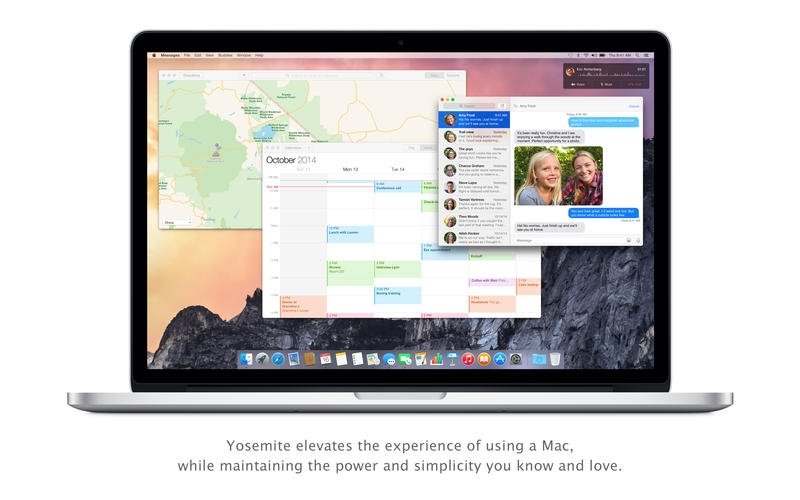

The createinstallmedia method is the easiest if you’re at all comfortable using Terminal, it’s the approach that I recommend you try first.

#How to download yosemite os install#
I’ve come up with three ways you can create a bootable OS X install drive for the Yosemite: using the installer’s built-in createinstallmedia tool using Disk Utility or performing the Disk Utility procedure using Terminal.
#How to download yosemite os mac#
If you don’t, you’ll have to redownload the installer from the Mac App Store before you can create a bootable installer drive.Ĭreate the Yosemite install drive: The options If you plan to use that installer on other Macs, or-in this case-to create a bootable drive, be sure to copy the installer to another drive, or at least move it out of the Applications folder, before you install. As with the Mavericks installer, if you leave the Yosemite beta installer in its default location (in the main Applications folder) when you install OS X 10.10, the installer will delete itself after the installation finishes. Like all recent versions of OS X, Yosemite is distributed through the Mac App Store. And if your Mac is experiencing problems, a bootable installer drive makes a handy emergency disk.Īs with previous versions of OS X, it’s not difficult to create a bootable installer drive from the Yosemite installer, though the processes have changed slightly since Mavericks. If you want to erase the drive on a Mac before installing Yosemite, or start over at any time, you can use a dedicated installer drive to boot that Mac, erase its drive, and then install the OS clean and restore whatever data you need from a backup. I recommend making one for Yosemite, on an external hard drive or USB thumb drive, for many of the same reasons I recommend making a bootable Mavericks installer drive: If you want to install Yosemite on multiple Macs, using a bootable installer drive can be more convenient than downloading or copying the entire installer to each computer. Modern, downloadable versions of OS X create a recovery partition on your drive, but it’s always a smart idea to make your own bootable installer drive too. Back in the day when we bought OS X on discs, as long as you kept that disc, you always had a bootable installer just in case.


 0 kommentar(er)
0 kommentar(er)
